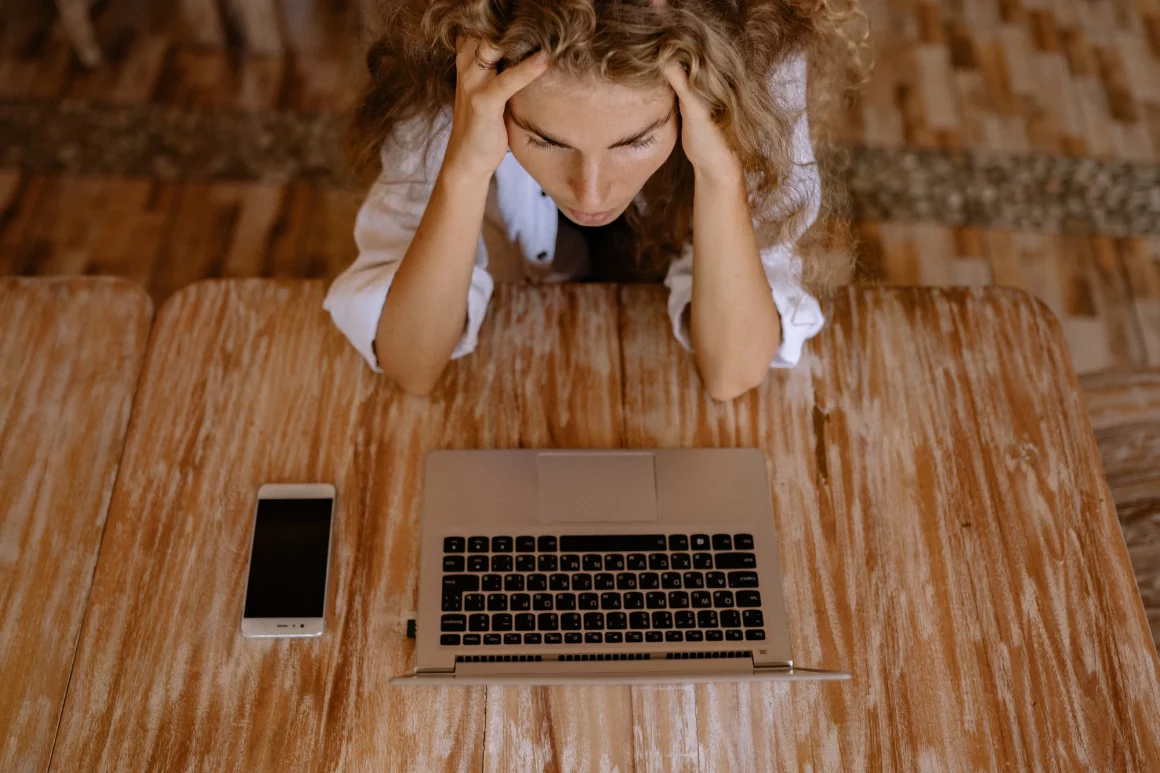Anxiety is a common experience that affects people of all ages and backgrounds. It can manifest in different ways and be triggered by a variety of factors, ranging from stressful situations to genetics and environmental factors.
While anxiety can be a normal response to certain situations, excessive and persistent anxiety can interfere with daily activities and lead to anxiety disorders. Understanding the reasons behind anxiety and learning how to cope with it are crucial for maintaining mental health and well-being.
In this article, we will explore the different types of anxiety disorders, the reasons behind anxiety, and various coping strategies to manage it. We will discuss the impact of genetics, brain chemistry, environmental factors, and life experiences on anxiety, as well as the importance of seeking professional help if anxiety interferes with daily life.
Additionally, we will highlight certain lifestyle changes, such as eating a healthy diet, getting enough sleep, and engaging in enjoyable activities, that can help reduce anxiety.
Whether you experience occasional anxiety or suffer from an anxiety disorder, the information provided in this article can help you take steps towards achieving a healthier and more balanced life.
What is anxiety?
Anxiety is a feeling of fear, apprehension, or worry. It is a natural response to stress, danger, or uncertainty. When you feel anxious, your body produces adrenaline, which prepares you for a fight or flight response.
Your heart rate increases, your breathing becomes faster, and your muscles tense up. These physical responses are designed to help you respond to a threat, but they can also be triggered by non-threatening situations.
There are different types of anxiety disorders, including Generalized Anxiety Disorder (GAD), Panic Disorder, Social Anxiety Disorder, Obsessive-Compulsive Disorder (OCD), and Post-Traumatic Stress Disorder (PTSD). These disorders are characterized by excessive and persistent feelings of anxiety that interfere with daily activities.
Reasons behind anxiety
Anxiety can be caused by a variety of factors, including genetics, brain chemistry, environmental factors, and life experiences.
- Genetics:
Studies have shown that anxiety disorders can run in families. If you have a close relative with an anxiety disorder, you are more likely to develop one yourself. - Brain Chemistry:
Neurotransmitters are chemicals in the brain that help regulate mood and emotions. If there is an imbalance of neurotransmitters, it can lead to anxiety. - Environmental factors:
Traumatic life events, such as abuse, neglect, or the death of a loved one, can trigger anxiety. Environmental stressors, such as work-related stress, financial problems, or relationship issues, can also contribute to anxiety. - Life experiences:
Early childhood experiences can have a lasting impact on mental health. If you experienced trauma or neglect as a child, you may be more susceptible to anxiety later in life.
How to deal with anxiety
If you are experiencing anxiety, there are several strategies you can use to cope with it.
- Deep breathing:
Taking slow, deep breaths can help calm your body’s response to anxiety. Inhale for a count of four, hold for a count of four, and exhale for a count of four. - Progressive muscle relaxation:
Tensing and then relaxing your muscles can help relieve tension and reduce anxiety. Start by tensing the muscles in your feet and then gradually work your way up to your head. - Mindfulness meditation:
Focusing on the present moment can help reduce anxiety. Sit in a quiet place, close your eyes, and focus on your breath. When your mind wanders, gently bring your attention back to your breath. - Exercise:
Regular exercise can help reduce anxiety and improve mood. Aim for at least 30 minutes of moderate exercise, such as brisk walking, each day. - Limit caffeine and alcohol:
Caffeine and alcohol can increase anxiety. Limit your intake of these substances or avoid them altogether. - Get enough sleep:
Lack of sleep can increase anxiety. Aim for at least 7-8 hours of sleep each night. - Talk to a therapist:
A therapist can help you develop coping strategies and provide support for managing anxiety.
Anxiety is a natural human response to stress, danger, or uncertainty. However, when anxiety becomes excessive and interferes with daily activities, it can become an anxiety disorder.
If you are experiencing anxiety, there are several strategies you can use to cope with it, including deep breathing, progressive muscle relaxation, mindfulness meditation, exercise, limiting caffeine and alcohol, getting enough sleep, and talking to a therapist.
It is important to remember that everyone experiences anxiety differently and what works for one person may not work for another. It is also important to seek professional help if your anxiety is interfering with your daily life.
A therapist can help you develop coping strategies and provide support for managing anxiety.
In addition to the strategies mentioned above, there are also certain lifestyle changes that can help reduce anxiety. These include eating a healthy diet, practicing good sleep hygiene, and engaging in activities that you enjoy.
- Eating a healthy diet can help reduce anxiety by providing your body with the nutrients it needs to function properly. Foods that are high in vitamins, minerals, and antioxidants, such as fruits, vegetables, whole grains, and lean protein, can help reduce inflammation and improve mood. Avoiding processed foods, sugary drinks, and foods high in saturated fat can also help to reduce anxiety.
- Practicing good sleep hygiene can help reduce anxiety by improving the quality of your sleep. This includes going to bed and waking up at the same time each day, avoiding screens for at least an hour before bed, and creating a relaxing sleep environment.
- Engaging in activities that you enjoy can help reduce anxiety by providing a sense of pleasure and fulfillment. This can include hobbies, sports, creative activities, or spending time with loved ones.
It’s crucial to acknowledge that anxiety is a highly individualized experience, and there is no one-size-fits-all solution. What works for one person may not be effective for another, and it’s important to approach anxiety management with a personalized and adaptable mindset.
By recognizing the uniqueness of each individual’s experience, we can find coping strategies and seek out the most effective treatment options. This approach can lead to greater success in managing anxiety and improving overall well-being.
In conclusion, understanding the various causes of anxiety and adopting effective coping strategies, as well as making healthy lifestyle changes, can help reduce the impact of anxiety on your life.
Remember that seeking help is a sign of strength, and there are resources available to support you in managing your anxiety.







